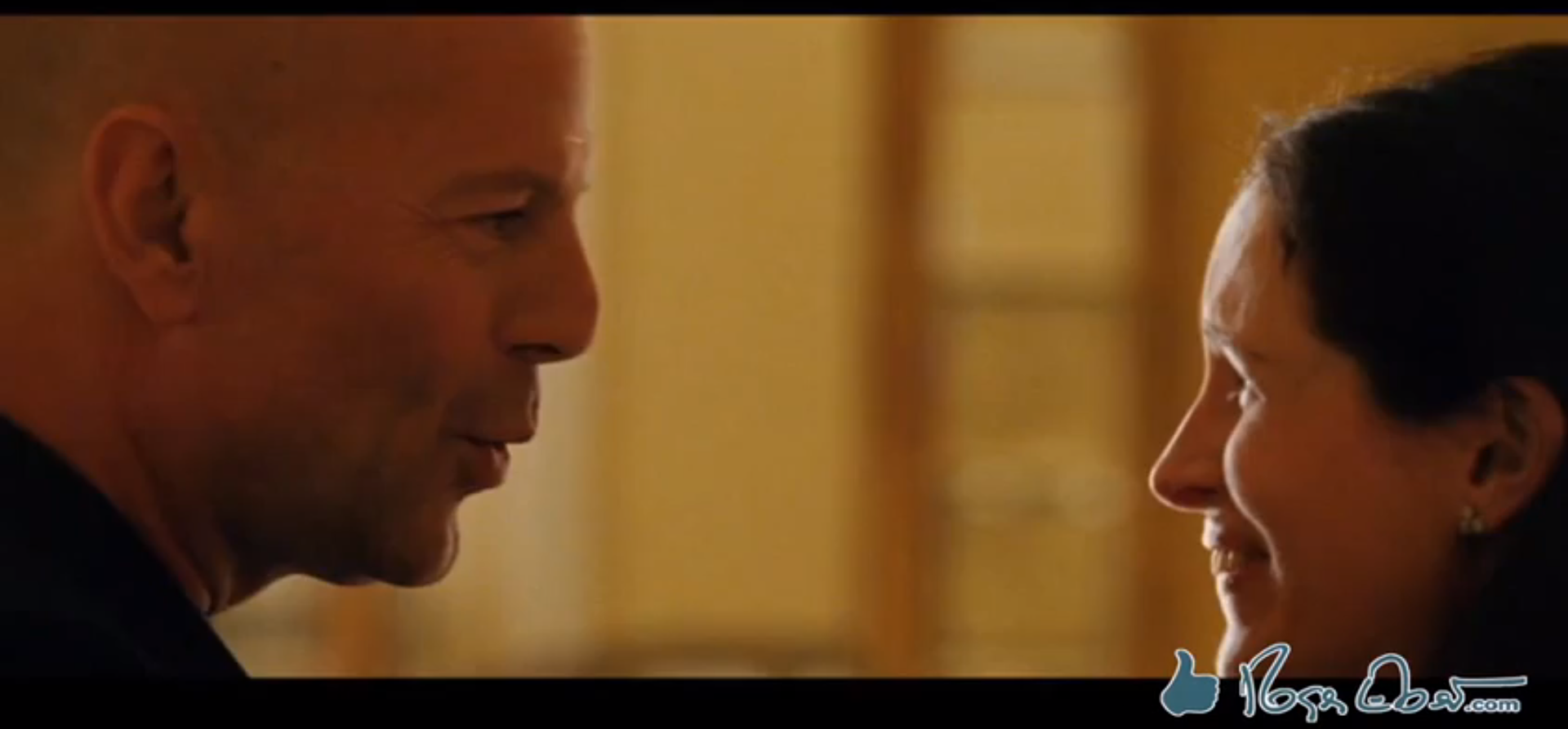The first clip in critic/filmmaker Leigh Singer’s supercut of actors playing themselves is from the 1944 all-star, support-the-troops picture “Follow the Boys.” It shows Orson Welles as himself in magician garb exclaiming, “That’s the first time you’ve ever seen a rabbit trick a magician out of hat.” That Welles is clothed in magician’s garb is appropriate—and not just because Welles studied the art of illusion as a boy and referred to the magician’s trade throughout his life. There is something magical about the art of acting. Unless the performer is appearing under such heavy makeup as to be nearly unrecognizable, deep down we always know that’s Robert De Niro pretending to be someone other De Niro, Barbara Stanwyck pretending to be someone other than Stanwyck, and so forth; yet we enter into the collective, wonderful lie—the illusion—and believe anyway.
But when actors play “themselves” in otherwise fictional narratives, it’s a whole other, slipperier, often more maddening thing. Suddenly we’re into meditations on the self. Being and not-being. Lies that illuminate truth illuminating lies. Mirrors mirroring mirrors.
Hey, there’s Julia Roberts in “Oceans 12” playing a character who isn’t Julia Roberts, impersonating Julia Roberts! Say what? The mind reels, the face grins. Roberts and filmmaker Steven Soderbergh are sending up the idea, the public image, of Julia Roberts—and they’re doing it with Julia Roberts. Bruce Willis in the Hollywood comedy “What Just Happened” plays a bearded, depressive, angry version of “Bruce Willis”—essentially the worst case scenario of an ego-addled star. We watch and wonder if Bruce Willis is really in any way “like this,” and whether the exaggerations are truly exaggerated. And what happens in “Oceans 12” when the “real” Bruce Willis, playing himself, meets the fake Julia Roberts, played by Julia Roberts? Low-level madness, that’s what. “You know, you’re the best celebrity lookalike I’ve ever seen,” the “real” Arnold Schwarzenegger tells the fake Arnold Schwarzenegger in “The Last Action Hero”—or is it the other way around?
Every time a star plays him- or herself, this reality/fiction rupture occurs. Suddenly we’re outside of the narrative and inside of it, all at once: observing and enjoying, feeling and thinking. Sometimes the spectacle is merely diverting, as when Al Pacino plays “himself” in “Jack and Jill” as an incorrigible ham (Pacino as ham actor? Get out!). Other times the conceit takes on a life of its own, as when writer Charlie Kaufman and director Spike Jones lead John Cusack and Catherine Keener (as fictional characters) through a portal that leads into the mind of “John Malkovich“, played by John Malkovich in “Being John Malkovich.” That great comedy is about so much more than a celebrity sending itself up. It’s about what it means to act (to manipulate a constructed personality as Cusack’s puppeteer character manipulates marionettes).
And it’s about what it means to simply be. Life itself is a kind of performance, whether you’re out in public dealing with other human beings or standing in your bathroom at home, starting at yourself in the mirror and wondering, “Is this what people see when they look at me? Does the lighting make a difference? What if I smile like this instead of like this? Oh, dear God, I should never laugh. I look ghastly when I laugh!”
Relax: if nothing else, you’re the best “you” lookalike that you’ve ever seen.
Watch Leigh Singer’s piece below, then please share your favorite examples of actors playing themselves in the comments section.












